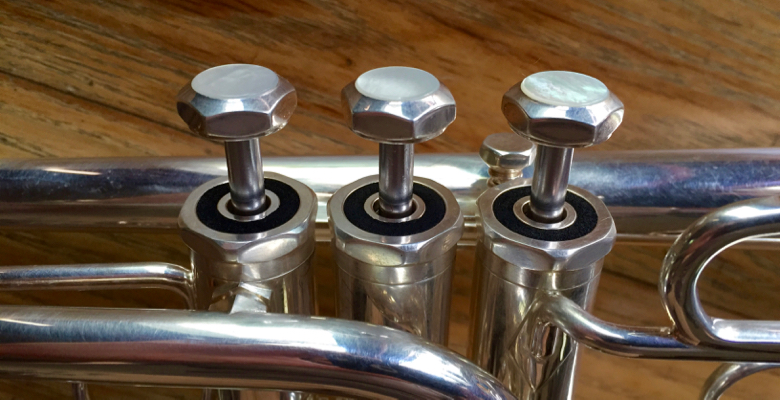Great Leaders Expect Complexity, Not Simplicity

At the symphony, you (perhaps a non-musician) see four trumpet players sitting in the orchestra.
“Hmm,” you think to yourself, “I guess that gal who’s listed as ‘first trumpet’ is the best player in the group. The guy next to her is listed as ‘second trumpet,’ so he must be second-best, and so on.”
Makes sense, right? You’d certainly be forgiven for assuming that this is how things work, but you’d be wrong. If you’ll indulge me, I’ll give you a basic overview.
The First Trumpet Player
Here’s the first trumpet player’s job, in a nutshell:
- Lead the trumpet section (and often the entire brass section).
- Make stylistic decisions for the whole trumpet section (How short is short? How loud is loud? How will each phrase be shaped? These answers change for each piece).
- Play consistently so the other players in the trumpet section can match you.
First trumpeters are usually powerful players with excellent range. It’s a demanding job, and a little bit of ego probably doesn’t hurt.
The Second Trumpet Player
Here’s the second trumpet player’s job, in a nutshell:
- Make the first player sound good (that’s the whole job, really, but you can’t have just one bullet point).
- Match his pitch. If he’s sharp, be sharp with him.
- Match his style. If he’s restrained, be restrained. If he’s letting ‘er rip, then yeehaw!
Second trumpet players are chameleons. They do whatever it takes, and they do it with a smile. There’s not much room for ego in the second chair.
Playing second is really hard, in some ways harder than playing first.
Most first trumpet players do not make very good second trumpet players, and vice versa. It’s not a matter of who’s better. These are two distinct jobs, and they require different skill sets, mindsets, and approaches.
The third and fourth trumpet players have distinct jobs too. Oh, and these are just the rules for the trumpet section. The horns have their own system, and so do the violas, the clarinets, and every other section.
[I’m going to stop here to be fair to you, but we could go into way more detail.]
Leadership and Complexity
What does this have to do with leadership?
Plenty.
The world is complicated, and you can’t be an expert in everything. When great leaders encounter a new system of any kind, they don’t assume it’s simple.
Immature leaders assume they know everything (and if they don’t know something, it’s probably not worth knowing).
The best leaders project confidence in their own expertise and total humility about their ignorance. They’re happy to lead and eager to be led.
A great leader shares the spotlight with others. In fact, she looks for opportunities to share the spotlight, to showcase others’ abilities and talents.
Poor leaders hog the microphone. Great leaders share it.